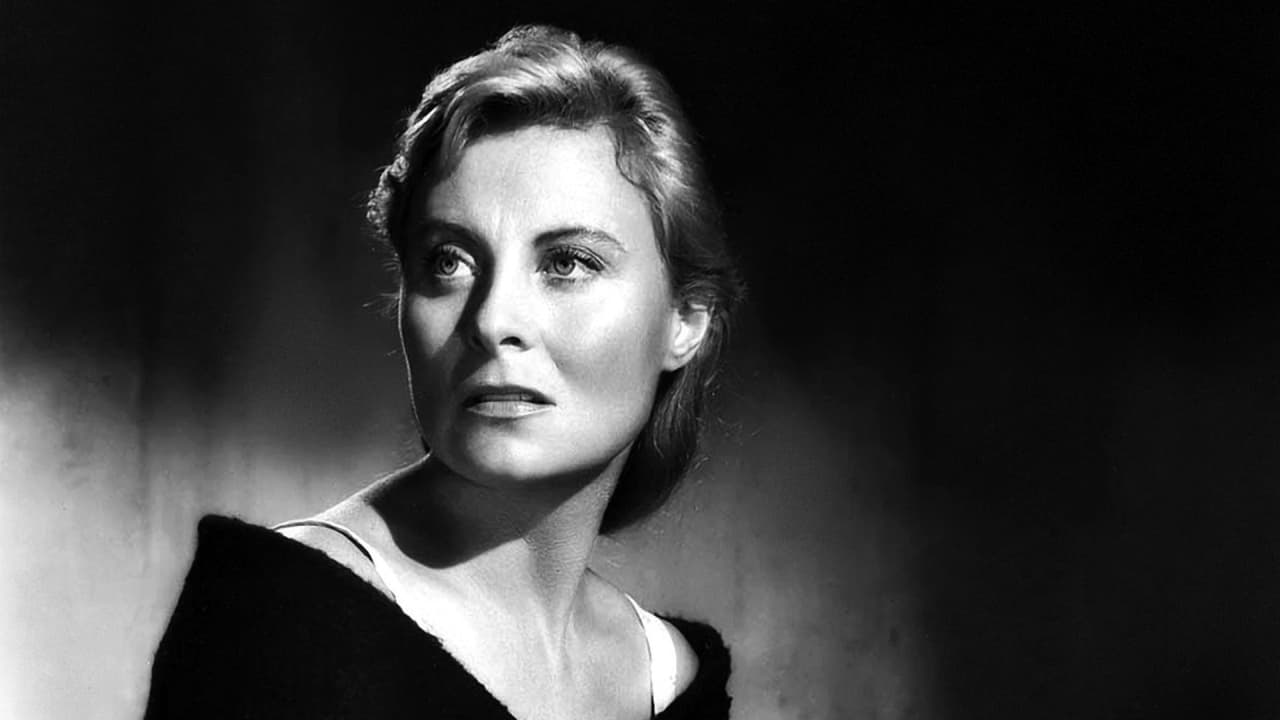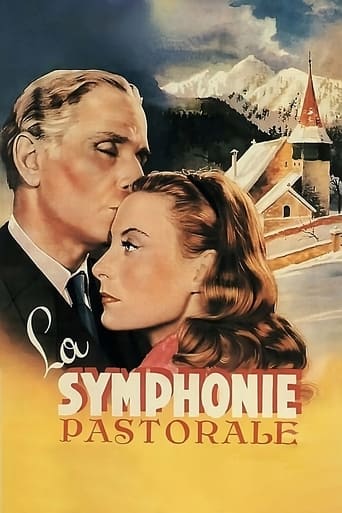



I love this movie so much
Such a frustrating disappointment
This is a tender, generous movie that likes its characters and presents them as real people, full of flaws and strengths.
View MoreThis is a small, humorous movie in some ways, but it has a huge heart. What a nice experience.
View MoreFor someone like myself - English born and bred - it would be sufficient to seek out and watch this film merely because it was directed by Jean Delannoy, a man despised by Truffaut and his raggle- taggle band of new waveleteers, a group of petulant schoolboys despised with equal vehemence by myself for their attempts (luckily without enduring success) to do to French Cinema, which I love passionately, what Stanley Kowalski did to Blanche DuBois. In truth, of course, I needed no such excuse to watch a film which, as winner of Best Film and Best Actress at the first Cannes Film Festival in 1946 (it WOULD have been 1939 but something happened to cause its postponement) had a lot to live up to; Michele Morgan was a given of course; she had been lighting up the screen from Gribouille through Quai des Brumes, Remorques, and a couple of lesser-known (especially outside France) titles like L'Entraineuse and Les Musiciens du ciel, and Pierre Blanchar was one of the men who signed Marie Bell's dance- card in Duvivier's sublime Un Carnet de bal. The story of a middle- aged man falling in lust one orgasmic sigh short of incestuously with a girl half his age with whom he lives for one reason or another both in close proximity and denial is hardly new - Arthur Miller, for instance got a fine play, A View From The Bridge, out of it - and inevitably, as here, it is a situation that ends in tears and all the viewer can do is enjoy the journey. In this case it is a journey that Truffaut and his fellow iconoclasts couldn't even aspire to let alone complete.
View MoreLa Symphonie Pastorale is a weak film with a disappointingly clichéd plot derived from an Andre Gide novel. The maudlin story centres on a blind girl who is left orphaned and is taken in by a Protestant pastor who raises her and later falls in love with her. The Pastor is depicted as a jealous, vindictive character who undermines his family's happiness by his lustful pursuit of the girl.Everything about this film is weak - the acting, the heavy-handed melodramatic story line and the symbolism of the church organ through which the blind girl mediates with the world.The only really redeeming aspect is the scenery which is well-filmed and provides the pastoral setting for the tale. The Alps dwarf the petty human dramas unfolding in the cabin and provide a solemn, austere backdrop perhaps reflecting the Protestant faith of the community. Other than that, the direction is workmanlike - it serves to convey the story clearly and unambiguously but there is little artistry on display. With just a little more grandeur, the film could have transcended its melodramatic narrative and positioned itself alongside the other great French works of the 1940s.The film's outcome is likewise predictable and melodramatic so perhaps any criticism from Cahiers du Cinema was well-deserved in this particular case.
View MoreLa Symphonie Pastorale is a neglected classic of French cinema.It is high time tall tales about its importance are told to all cinema lovers whether in France or outside of France.It is one of those few lucky films in the history of French cinema with which some of the most important personalities of French culture have been associated. One can cite the names of Michèle Morgan,André Gide and Jean Delannoy. This film is an honest adaptation of André Gide's best book "La Symphonie Pastorale".Jean Delannoy has worked wonders with this film by making a star as well as talented actress out of charming Michèle Morgan.It is true that love and its implications is the major theme of this film but we also get a chance to see other sentiments such as jealousy and innocence.After viewing this film there would hardly be anyone who would not have been influenced by the heroic figure of the leading lady Gertrude.The best human experience which one can derive from this film concerns how the vision of a person changes in the course of time ? It is a wonder that this film and the book have remained free of controversies despite the presence of religion.
View MoreMy title will enrage the highbrows,but ,after reading the notorious "Cahiers du Cinema" who on earth (and particularly in France) willwatch a Jean Delannoy film ,cause it's " inevitably bad" cause Godard and co have decided it is so?"La Symphonie Pastorale" is a marvelous black and white movie.A simple story of a minister who takes on a little savage girl,Gertrude (a Dreyeresque name!) .For a short while ,it's got something of Helen Keller ,cause the heroine is blind when the story begins.But Delannoy focuses on the relationship between the man who's got four children and his protégée.Pierre Blanchar (it's probably his best part) and Michèle Morgan are at the top of their game and they give subtle performances.When the elder son (Jean Desailly)comes back,and falls in love with Gertrude ,the tragedy is in the air.The priest realizes he loves the girl in a way a father should not.Delannoy takes advantage of the snowy landscapes and the frozen rivers,of the tiny church where the organ becomes a mediator between Gertrude and the young man ,of an excellent cast.He has even got a sense of humor !There's a private joke .When they show Desailly the organ ,one of the men says "Amour,Delices et Orgues!" which was the title of a (very mediocre) previous film in which the actor was featured the same year.
View More